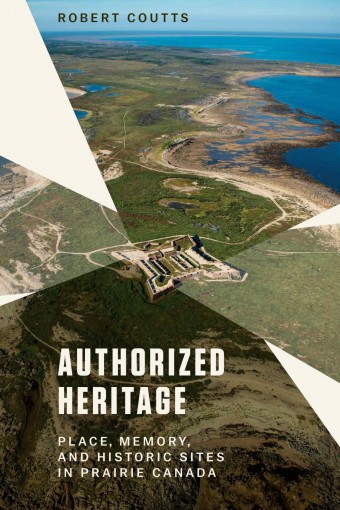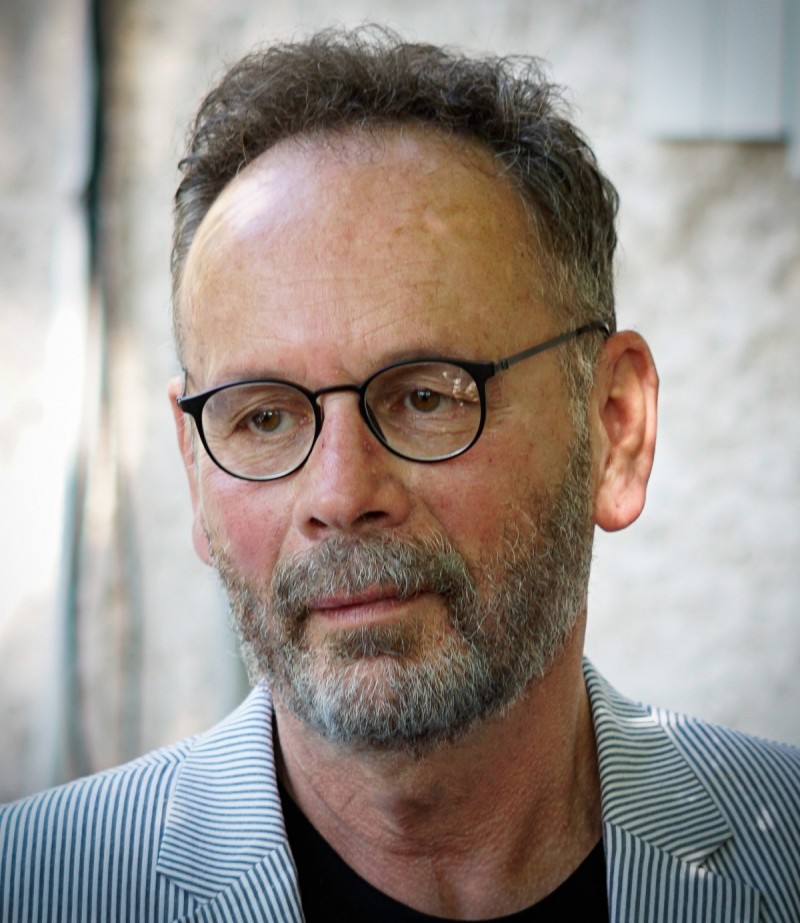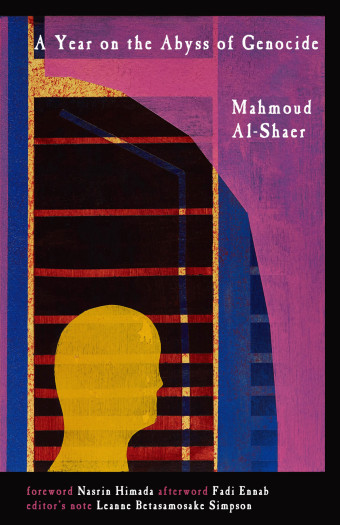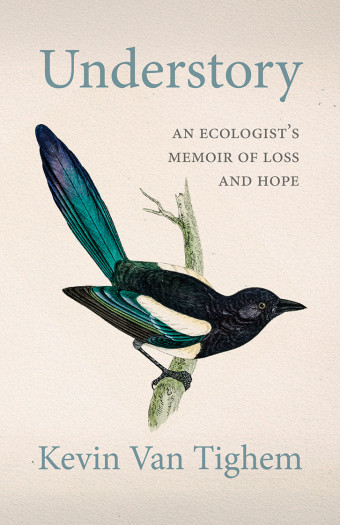Heritage sites across the country are often commemorated in a way that reflects the dominant social and cultural narrative: conventional, conservative, and colonial.

- Authorized Heritage
- Robert Coutts
- University of Manitoba Press
- $27.95 Paperback, 264 pages
- ISBN: 978-08-87559-26-6
In Authorized Heritage: Place, Memory, and Historic Sites in Prairie Canada, Winnipeg-based Robert Coutts presents a detailed examination of Prairie heritage sites and how governments are the mediators and arbitrators of what is – and isn’t – considered heritage. The book also discusses how class, gender, and sexuality are distanced from the heritage discourse.
Coutts’s career as a historian with Parks Canada for over 30 years was the impetus for the creation of Authorized Heritage.
“Early on I became interested in questions around how heritage becomes official or ‘authorized,’ how memory functions in regard to those histories we choose to remember and those we forget, and how critical the concept of place is to the way memories are evoked,” he explains. “I also became interested in how different historic places function in the way they communicate their narratives and their stories to the public.”
He notes that the interpretation of history is often revisionist. “How does this translate to historic sites, or does it at all? Does interpretation of the past change over time or is an authorized heritage resistant to dissimilarity and new ways of looking at the past? More directly, do changing historiographies impact the way we look at historic places? These are all questions that informed my conception of what this book could be.”
Coutts hopes that readers will gain “a better understanding of how the places we consider to be of heritage value are commemorated, and just as importantly, how certain stories, narratives, and memories of our collective pasts are forgotten, or at least downplayed.

“As well,” he says, “I hope readers will have a better understanding of how certain versions of the past – especially in regard to place – are resisted and how competing stories and competing versions of the past have survived, especially within Indigenous communities in the West.”
In researching Authorized Heritage, Coutts spent time accessing various archives and government records, including unofficial Parks Canada materials. That was not his main focus, though.
“My research focused to a large degree on my own experiences, spending considerable time at most of the sites I discuss. In fact, I use Simon Schama’s phrase ‘the archive of the feet’ to describe much of my research process,” he says.
In the process, Coutts “learned more about how the past is often embroidered to present certain narratives and certain perspectives, how these stories and histories can often be one-dimensional, conventional, and reflective of traditional settler-colonial perceptions.”
In Authorized Heritage, Coutts also discusses the “tourist gaze” and, as he says, “how historic sites often reflect back to visitors their expectations and knowledge while authenticating what the visitor wants to see in the often imagined past of heritage.”
Coutts advocates a more constructive way of looking at historic sites.
“By viewing heritage as less a depiction of the past in the present but rather the persistence of the past in the present, the language of place can be confident and progressive,” he says, “and with new commemorations and new stories, we can replace rear-window nationalism with forward-looking narratives.”













